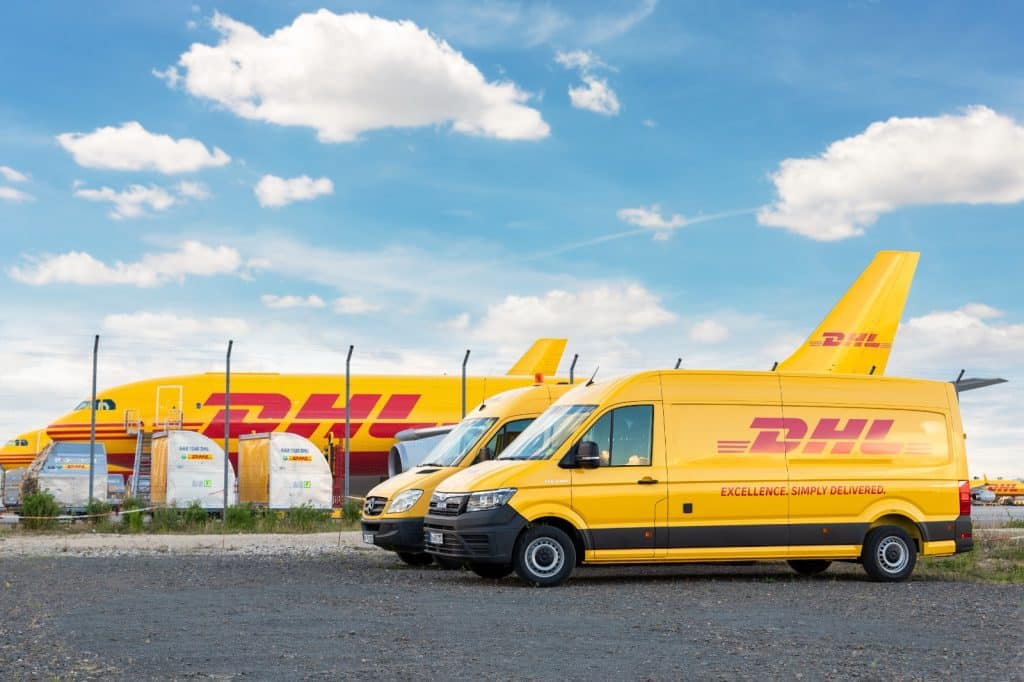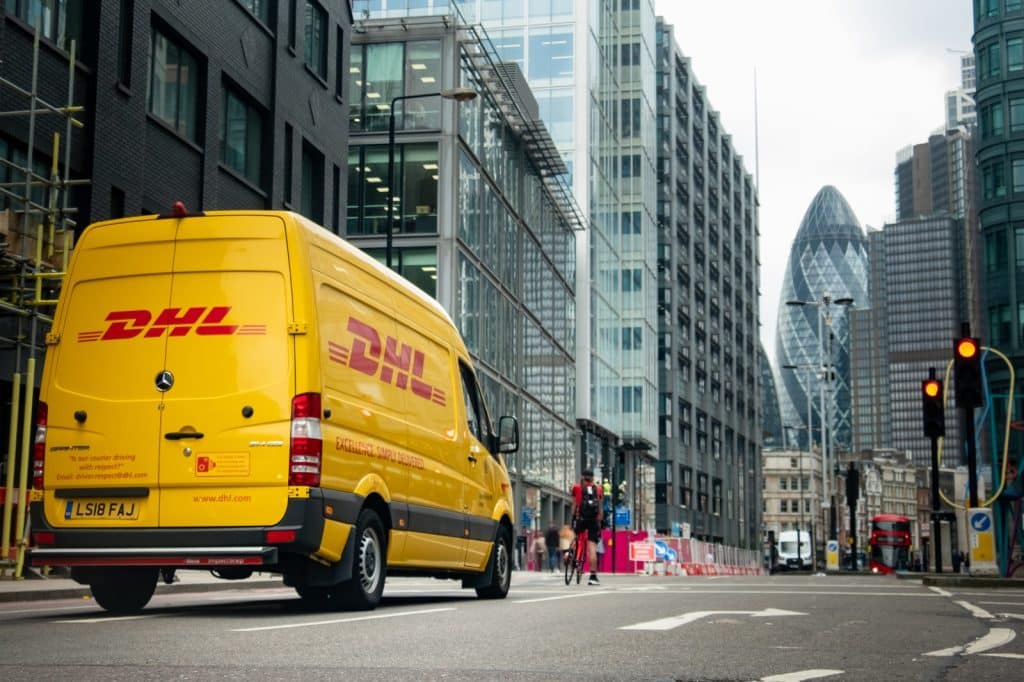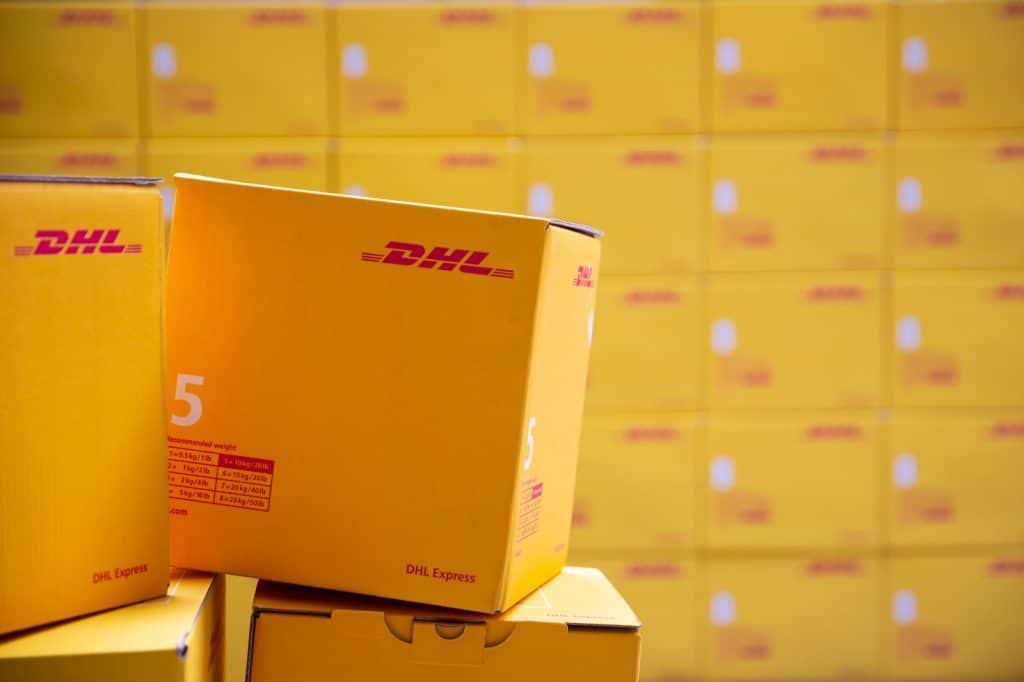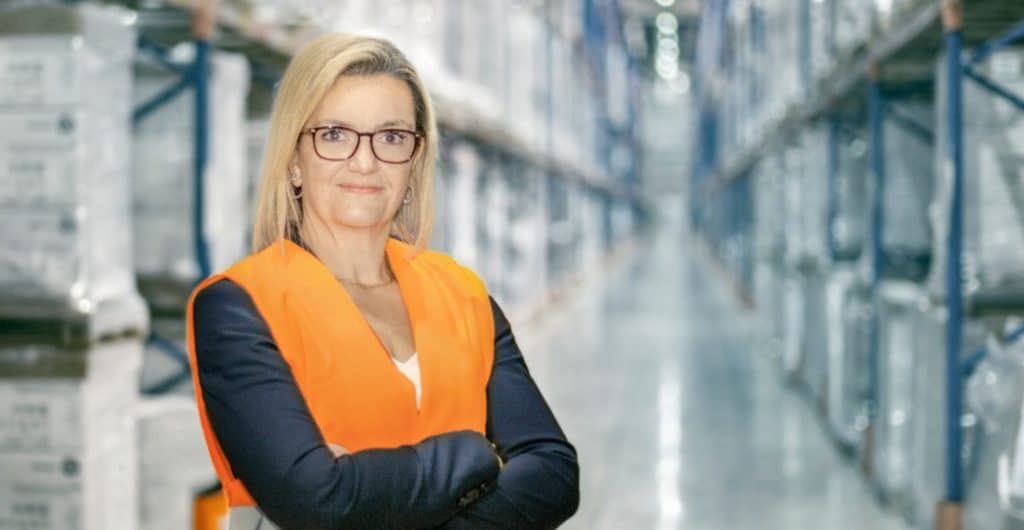Sue Donoghue, Country Manager of DHL Global Forwarding KSA, vouches for women’s long and positive path forward in the industry…
Sue Donoghue was always drawn to the logistics industry’s dynamic nature and its critical role in connecting businesses globally. The constant challenge of optimizing supply chains and finding innovative solutions to logistical puzzles appealed to her problem-solving nature.
She began her career in the freight industry in 1996, and the diverse responsibilities of being an accountant, trouble-shooter, and business developer within a logistics framework captivated her. DHL Global Forwarding’s values and culture align with hers, making it a fulfilling career choice for 18 years.

Encountering Professional Obstacles
Navigating the logistics industry has presented unique challenges, especially as a woman in a historically male-dominated field. However, these challenges have been a source of motivation for Sue. “By enhancing my expertise, expanding my network, and fostering understanding across cultures, I transformed potential barriers into avenues for growth and innovation. For example, ” the recent transformative changes in Saudi Arabia highlight not obstacles but opportunities for positive change,” says Sue Donoghue, Country Manager of DHL Global Forwarding KSA.
Sue’s approach to every challenge permanently recognises it as an opportunity to learn and grow. This mindset has been instrumental in overcoming professional hurdles and contributing positively to the industry’s evolution towards inclusivity.
As the Country Manager for a leading global forwarding company, she is grateful for the opportunity to lead by example and to help pave the way for future generations of women in logistics. “I am excited to be part of an industry increasingly recognizing the value of diversity and innovation,” shares Sue.
Driving Force at DHL Global Forwarding
Sue’s career at DHL Global Forwarding might have started as a two-week placement 25 years ago, but being strategic about her growth led her to this moment and place in her career. She believes the beauty of working in this sector, particularly at DHL, is the diversity of roles and responsibilities that come with each day. She adds, “One moment, I am delving into the intricacies of accounting, and the next, I am navigating the complexities of logistics, tackling challenges head-on, driving business development, or spearheading sales strategies.”
This dynamic environment makes Sue’s role incredibly fulfilling. The variety not only keeps Sue engaged but also continuously pushes her to expand her skill set and adapt to the ever-changing landscape of global logistics.

Representation of women in logistics
Over the years, Sue witnessed a positive shift in the representation of women in logistics. There is a growing recognition of the value diverse perspectives bring to the industry. Companies are increasingly fostering inclusive cultures, and more women are pursuing and excelling in logistics roles.
“I strongly believe diversity is pivotal in driving progress and innovation within any industry. Therefore, it is of utmost importance that we focus on attracting, retaining, and promoting women in the logistics industry, as it can unlock innovation and drive growth for organisations and economies at large,” she continues. “I want to stress the significance of creating a culture of leadership that inspires future generations of women to pursue their career aspirations in this vibrant and economy-boosting industry.”
KSA & Logistics on women’s empowerment
According to Sue, in recent years, Saudi Arabia has seen a rise in the number of women joining the workforce, even in traditionally male-dominated industries. This positive development is mainly due to the implementation of reforms under the Vision 2030 agenda to promote women’s empowerment by providing education and employment opportunities.
As for the logistics industry, she believes there will be a steady increase in women joining, contributing their skills and expertise. Sue highlights, “This progress is due not only to the reforms but also to the changing social attitudes towards women in the workplace and the legal framework in Middle Eastern societies. I am optimistic that the future looks bright for women in logistics in the Kingdom, with a more diverse and inclusive landscape.”

Sustainability
To make the logistics industry more sustainable, it is crucial to adopt environmentally friendly practices, utilize technology for efficient route planning, and invest in green transportation alternatives. Collaboration among industry stakeholders to reduce carbon footprints and improve supply chain transparency is also essential.
Sue believes the industry is focused on advancing and deploying technology, such as AI, and achieving Net Zero. At DHL Global Forwarding, they are committed to sustainability in the region and have introduced a number of projects to reduce their carbon footprint. “For example, we launched a new, more comprehensive Carbon Intelligence programme as part of our digital customer platform myDHLi, where customers have more options to reduce, track, and report their CO2 emissions (in setting and offsetting options),” explains Sue.
DHL Global Forwarding also explores strategic opportunities with government entities, business partners, and markets worldwide. Currently, it remains guided by its Strategy 2025, which focuses on harnessing globalization, e-commerce, digitalization, and sustainability for the profitable long-term growth of the business.
Golden Words
“I encourage female candidates to be persistent and confident and continuously seek opportunities for learning and growth. Embrace challenges as learning experiences, build a strong professional network, and actively contribute to creating a more inclusive environment within the logistics sector.”




